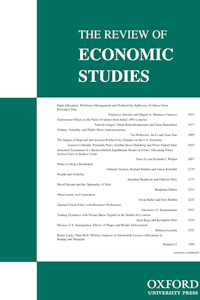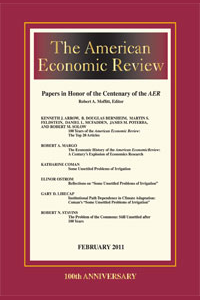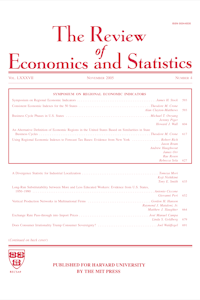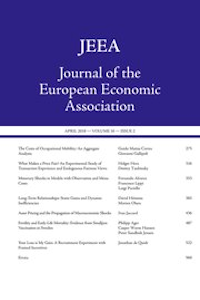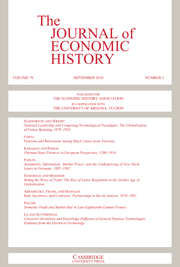
Aidt, T. S. and Franck, R.
What motivates and oligarchic elite to democratize? Evidence from the roll call vote on the Great Reform Act of 1832
Journal of Economic History
Vol. 79(3) pp. 773-825 (2019)
Abstract: The Great Reform Act of 1832 was a watershed for democracy in Great Britain. We study the vote on 22 March 1831 in the House of Commons to test competing theories of democratization. Peaceful agitation and mass-support for reform played an important role. Political expedience also motivated some MPs to support reform, especially if they were elected in constituencies located in counties that would gain seats. Violent unrest in urban but not in rural areas had some influence on the MPs. Counterfactual scenarios suggest the bill would not have obtained a majority without these factors.
Author links: Toke Aidt
Publisher's Link: https://doi.org/10.1017/S0022050719000342 ![]()
Open Data link: https://doi.org/10.3886/E108281V2

